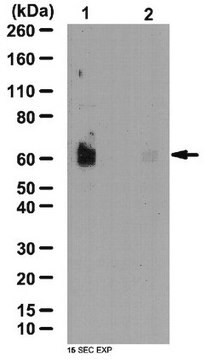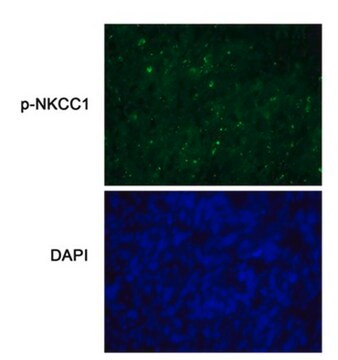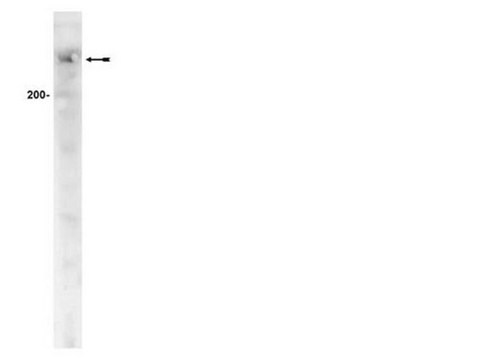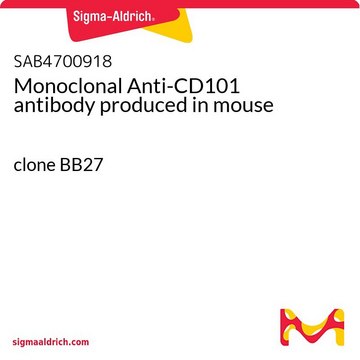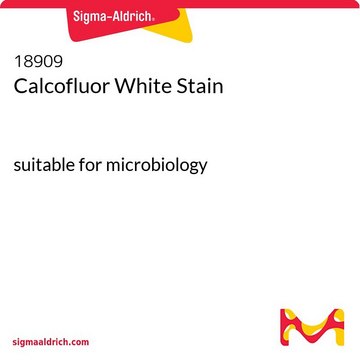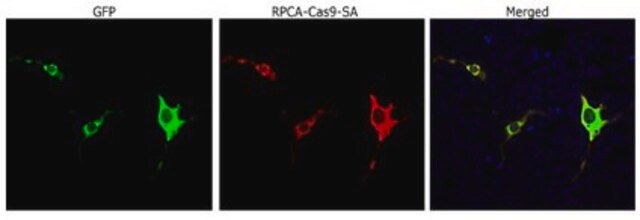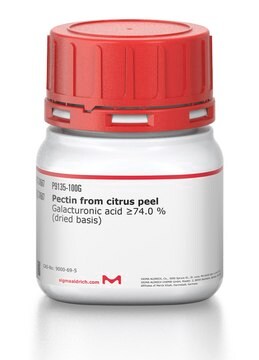MABS178
Anti-STK39 Antibody, clone 5H7.1
clone 5H7.1, from mouse
Sinónimos:
STE20/SPS1-related proline-alanine-rich protein kinase, Ste-20-related kinase, DCHT, Serine/threonine-protein kinase 39
About This Item
Productos recomendados
origen biológico
mouse
Nivel de calidad
forma del anticuerpo
purified antibody
tipo de anticuerpo
primary antibodies
clon
5H7.1, monoclonal
reactividad de especies
rat, human, mouse
técnicas
immunohistochemistry: suitable
western blot: suitable
isotipo
IgG1κ
Nº de acceso NCBI
Nº de acceso UniProt
Condiciones de envío
wet ice
modificación del objetivo postraduccional
unmodified
Información sobre el gen
human ... STK39(27347)
Descripción general
Especificidad
Inmunógeno
Aplicación
Signaling
Developmental Signaling
Immunohistochemistry Analysis: A 1:500-2,000 dilution from a representative lot detected STK39 in human cerebellum sections and rat hindbrain sections tissue.
Calidad
Western Blotting Analysis: 1.0 µg/mL of this antibody detected STK39 in 10 µg of human brain tissue lysate.
Descripción de destino
Forma física
Almacenamiento y estabilidad
Otras notas
Cláusula de descargo de responsabilidad
¿No encuentra el producto adecuado?
Pruebe nuestro Herramienta de selección de productos.
Código de clase de almacenamiento
12 - Non Combustible Liquids
Clase de riesgo para el agua (WGK)
WGK 1
Punto de inflamabilidad (°F)
Not applicable
Punto de inflamabilidad (°C)
Not applicable
Certificados de análisis (COA)
Busque Certificados de análisis (COA) introduciendo el número de lote del producto. Los números de lote se encuentran en la etiqueta del producto después de las palabras «Lot» o «Batch»
¿Ya tiene este producto?
Encuentre la documentación para los productos que ha comprado recientemente en la Biblioteca de documentos.
Nuestro equipo de científicos tiene experiencia en todas las áreas de investigación: Ciencias de la vida, Ciencia de los materiales, Síntesis química, Cromatografía, Analítica y muchas otras.
Póngase en contacto con el Servicio técnico